First People's House in the middle of the beautiful University of Victoria campus...
the place I learned from Dr. Lorna Williams
I was most fortunate to have been invited to participate in the 54th Canadian Commission to UNESCO Annual General Meeting this weekend in Victoria, British Columbia, Canada. Part of this coming together with a fascinating and intelligent group of big thinkers provided me the opportunity to listen to Dr. Lorna Williams, chair of the First Peoples Cultural Council and powerful advocate for Indigenous languages. She is a member of the Lil'wat First Nation of Mount Currie. She recently retired from her position as Associate Professor in Indigenous Education and Indigenous language revitalization and Canada Research Chair, Indigenous knowledge and learning at the University of Victoria. She has also worked at the Ministry of Education in BC, in schools on behalf of Aboriginal students, written children's books, co-directed the
video series called First Nations: The Circle Unbroken and developed teacher's guides and Lil'wat language curriculum, a language that was exclusively oral until 1973. Not bad for a person who was labeled as "retarded" upon entering middle school.
I had never met Dr. Williams before yesterday, but her message resonated for me in a way that makes me feel that I've been learning from her for years. During her address to the delegation of UNESCO representatives and other stakeholders doing the ground work on behalf of UNESCO and UNESCO ideals she spoke about her
learning story. As an Indigenous person Dr. Williams has dealt successfully with many challenges to her learning story, but that is for her to tell. I want to focus on two pieces of wisdom that she shared. Her perspective toward learning and the way she described working in environments lacking support instantly became part of my learning story. The following was one of her slides...
What is learning for?
-Dr. Lorna Williams
- Identity; who I am and where do I fit in?
- Habits to care for self, family, land, community
- Practices- learn from others and self
- Values
- Worldview
- What is known and how do I know I learn
- Learn to be a 'good human being', to have good hands
It seems to me that in an era of education where things are changing so quickly in the world, that we need grounding perspectives; elements that are universal and all encompassing with respect to curricula that has to become more fluid and responsive as ways of knowing or knowledge systems evolve. I hope we accept as educators that curriculum content choices cannot sustain over as long a period of time as they once did. Elements of knowledge content need more frequent review and change to remain relevant. That being said, a solid and supporting foundation of purpose is necessary to support these changing curricular contexts. Dr. William's thoughts on purpose of learning strike me as a brilliant foundation.
Identity, or seeking the answers to "who I am and where do I fit in?... to me, creates relevance for each individual learner. Without relevance learning will not, and cannot take place in authentic ways.
Habits to care for self, family, land and community to me point to a sense of security and belonging that I feel is also vitally necessary to create authenticity in learning. Without caring connections we are alone and cannot confidently answer the question, "where do I fit in?"
Practices of learning, to me point to the importance of reflection and collaboration and the tools of literacy in all of their forms. It also means the recognition and value of differing perspectives in a learning context.
Values, and to me in particular, the understanding of other's values, is a critical element of the learning process. Interdependent coexistence is not possible without understanding and conflict will inevitably occur and it will be difficult to resolve.
Worldview... to me the understanding that we are here on this earth as a species, and we must think of our viability here from an
intercultural species perspective. This is what evolves as our values and the values of others become known and understood, even if not accepted. It's also what allows us the latitude to question others in productive ways.
What is known, and how do we know we learn... this element speaks to the epistomological element of learning. With our evolving worldview in place, affirming what we know and how we learn in optimized ways, (which will undoubtedly be different for different people,) allows us to extended the practice of questioning others to questioning conventions and the status quo, a state that often manifests as the antithesis of learning. Asking ourselves these questions helps us define and extend the limits of our learning.
The last descriptor, and perhaps most compelling to me is "learning to be a good human being... to have "good hands." This point speaks to the taking of a '
trans-species perspective' meaning to me that humans cannot be viable in an unsustainable world where we believe we are superior to other non-human living things, and perhaps even other humans from different places and cultural backgrounds. Having good hands to me means respecting the diversity of people and things, living and non-living, (as it is the non-living physical world that helps support our living viability,) in order to advance on this earth toward sustainable and vibrant futures.
Dr. Williams reaffirmed my beliefs around the purpose of learning, and provided me with the best description I have encountered yet of the big ideas around why we learn. Focusing deeply on these rationale for learning is not easy, however. We are bound by the constructs of time and standards. We battle conventions that perhaps we know are outmoded and limiting. The
Law of Regression plays a powerful role. Fear and anxiety are pervasive. We are afraid of change and we sometimes struggle with each other as we navigate around the issues.
Dr. Williams was asked how she prevailed during difficult times when conventional wisdom and lack of support made it difficult to keep moving forward. Her answer was profound and humble, and it will stick with me.
Dr. Williams told us that she has dealt with many obstacles on her learning path, and that she struggled as a young person who was outspoken and headstrong. She told us that over time she began to try to listen and understand where the other was coming from, to grasp the narrative behind their
personal learning stories. Her elderly and wise perspective on this was uplifting and inspiring. She said,
I try to make resistance and opposing ideas my friend and ask "where is the fear coming from?"
Alas,
hope without fear doesn't exist, that's called naivety. For good to evolve we have to travel paths that make us realize the antithesis of our potential solution. Seeing this provides clarity toward solution focused directions. Another quote I heard during the conference was...
There is a crack in everything; that`s how the light gets in. -Leonard Cohen
This is so truthful and real. I believe Dr. Williams was telling us that by embracing the fear we are exposing the cracks therefore enabling us to move past the problem to begin thinking about the messy process of thinking about solutions with respect to the problem; a distinctly different reality. There will always be challenges. They are the cracks that let us see a way around; a pathway outside of conventions. Dr. Williams's advice to embrace them is, I believe, akin to learning the
story behind the story, a process where understanding and acceptance help determine optimized pathways toward the previously mentioned purpose to learn in the first place.
I will remain grateful to Lorna Williams for sharing her wisdom. I will return to school on Monday with a renewed spirit and reaffirmed acceptance that beyond the daily challenges of teaching and learning there is a much bigger ideal to keep tethered and aspire toward... a learning purpose that forms the foundation of everything I do as a teacher and a human being.






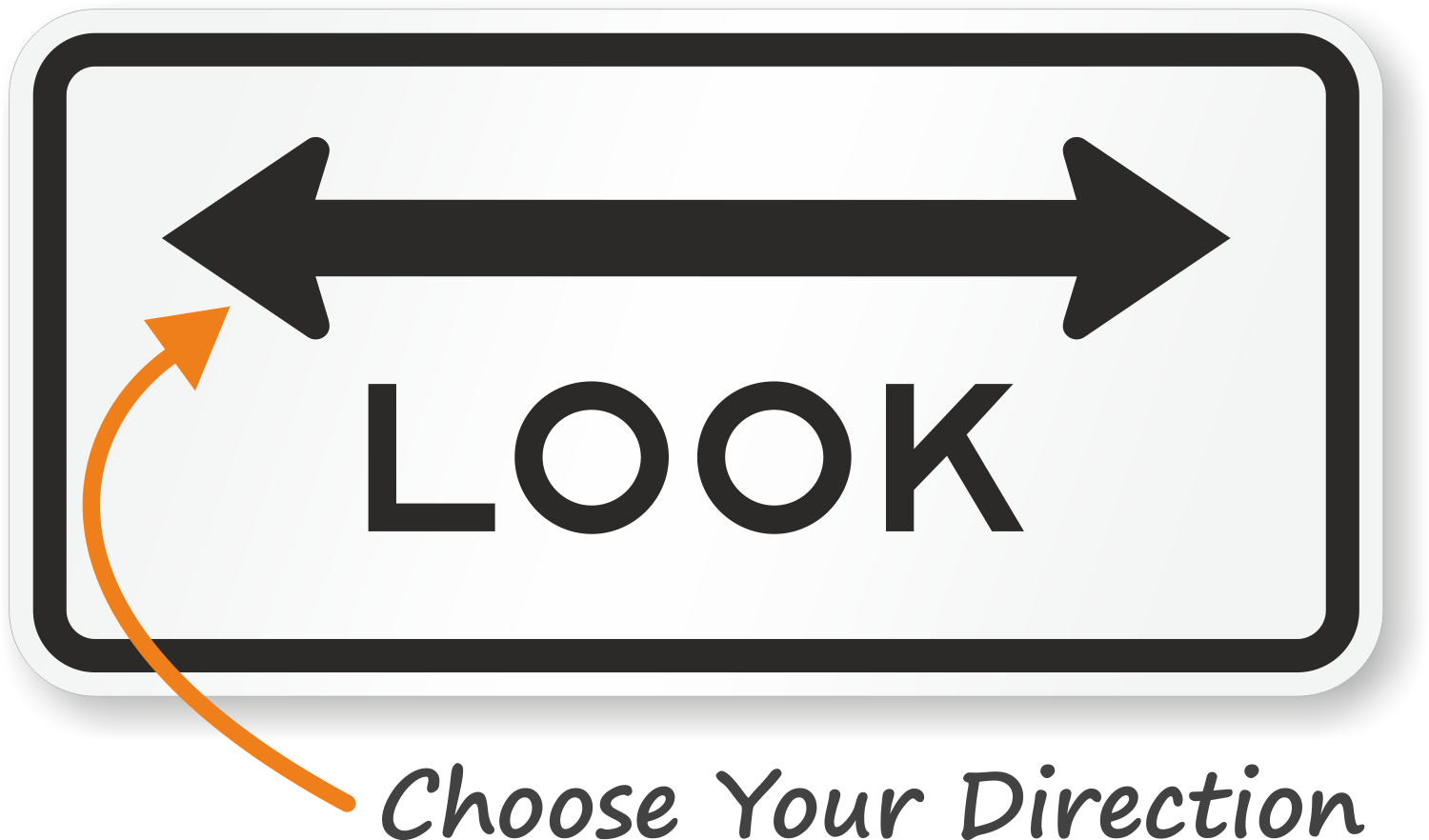




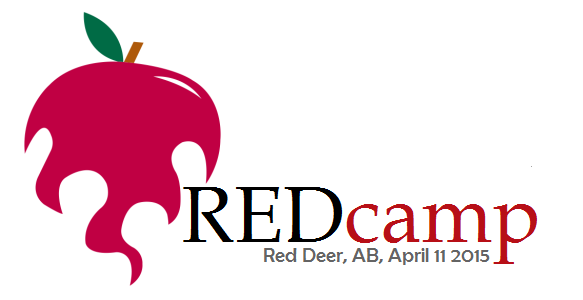





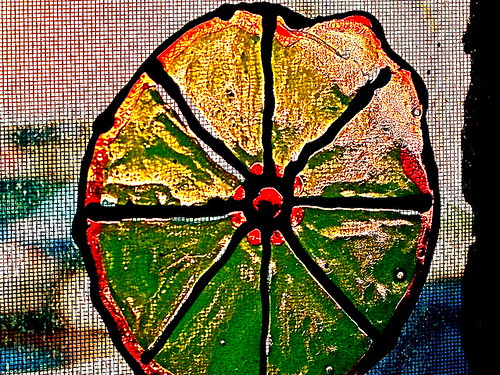

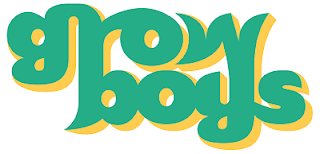

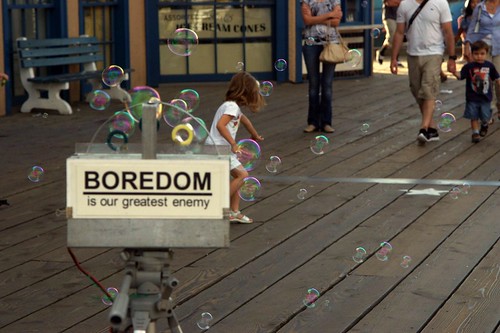


![Collaborate [11/52] by Brenderous, on Flickr Collaborate [11/52] by Brenderous, on Flickr](http://farm7.static.flickr.com/6226/6278328485_22a07a4803.jpg)




